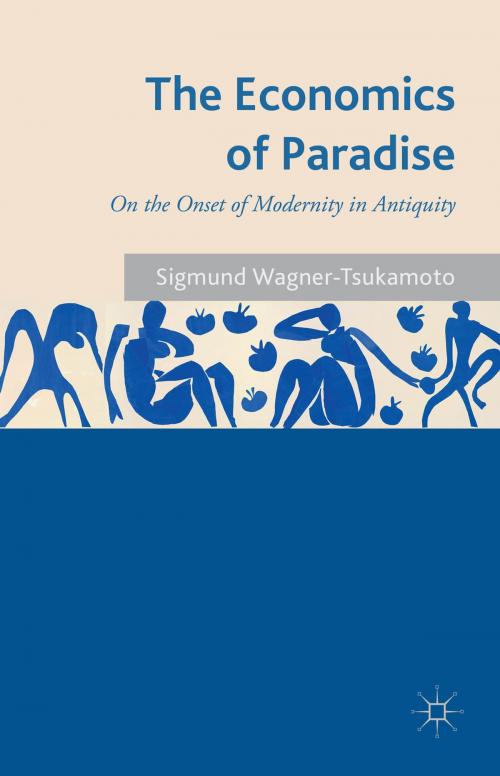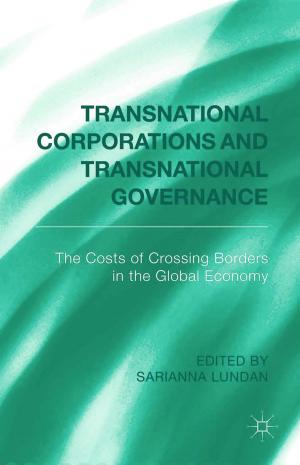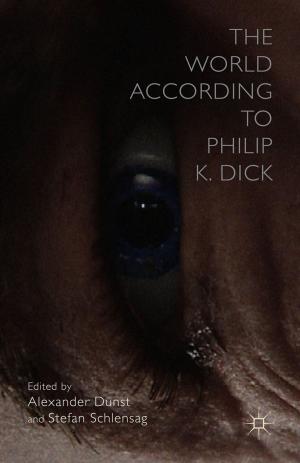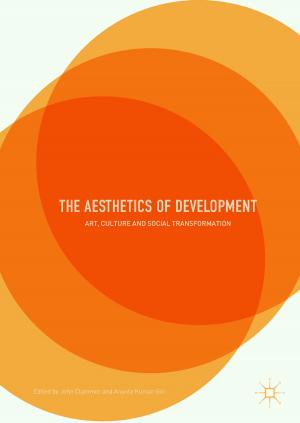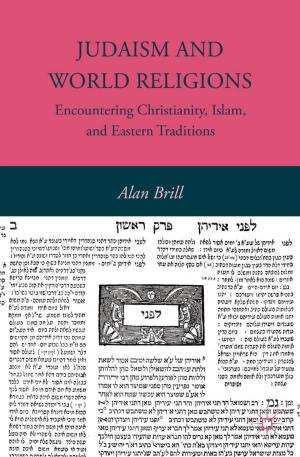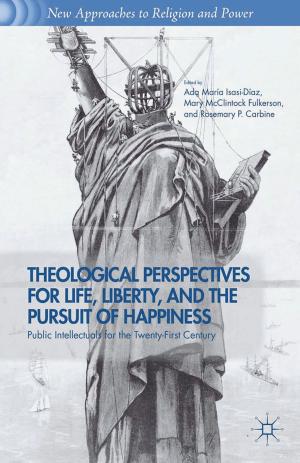The Economics of Paradise
On the Onset of Modernity in Antiquity
Business & Finance, Economics, Comparative Economics, Theory of Economics, Nonfiction, Religion & Spirituality, Philosophy| Author: | Sigmund Wagner-Tsukamoto | ISBN: | 9781137287717 |
| Publisher: | Palgrave Macmillan | Publication: | December 5, 2014 |
| Imprint: | Palgrave Macmillan | Language: | English |
| Author: | Sigmund Wagner-Tsukamoto |
| ISBN: | 9781137287717 |
| Publisher: | Palgrave Macmillan |
| Publication: | December 5, 2014 |
| Imprint: | Palgrave Macmillan |
| Language: | English |
The text searches for the origins of modern thinking in one of the best-known stories of our cultural heritage. By applying institutional and constitutional economics to biblical interpretation, it uses a new approach to reconstruct the Paradise story.
By tracing the Paradise story, in economic terms - looming conflict, the rise of homo economicus, principal–agent conflicts, prisoner's dilemma predicaments, and political economic ideals of liberty and freedom - the author challenges the old conceptual dualism between economics and theology/philosophy. Economics, in the tradition of the Scottish Enlightenment, is interpreted as 'modern ethics'; and such ethics are reconstructed for the Paradise story. As a result, the claimed dualism between 'ancient' ethics and modern 'economics as ethics' is rejected. The book pioneers a complementary 'new' unitary thesis for the Paradise story and for the Old Testament that proposes that economics can provide a unified, conceptual, 'scientific' structure to the biblical text. On this basis, not only is the Paradise story originally illuminated through economic reconstruction but the book also sets out a new, institutional economic theory of Old Testament religion.
The Economics of Paradise: On the Onset of Modernity in Antiquity draws together comparisons between the ancient Paradise story and modern economics, and as such makes indispensable reading for scholars and researchers interested in ethics and economics.
The text searches for the origins of modern thinking in one of the best-known stories of our cultural heritage. By applying institutional and constitutional economics to biblical interpretation, it uses a new approach to reconstruct the Paradise story.
By tracing the Paradise story, in economic terms - looming conflict, the rise of homo economicus, principal–agent conflicts, prisoner's dilemma predicaments, and political economic ideals of liberty and freedom - the author challenges the old conceptual dualism between economics and theology/philosophy. Economics, in the tradition of the Scottish Enlightenment, is interpreted as 'modern ethics'; and such ethics are reconstructed for the Paradise story. As a result, the claimed dualism between 'ancient' ethics and modern 'economics as ethics' is rejected. The book pioneers a complementary 'new' unitary thesis for the Paradise story and for the Old Testament that proposes that economics can provide a unified, conceptual, 'scientific' structure to the biblical text. On this basis, not only is the Paradise story originally illuminated through economic reconstruction but the book also sets out a new, institutional economic theory of Old Testament religion.
The Economics of Paradise: On the Onset of Modernity in Antiquity draws together comparisons between the ancient Paradise story and modern economics, and as such makes indispensable reading for scholars and researchers interested in ethics and economics.
